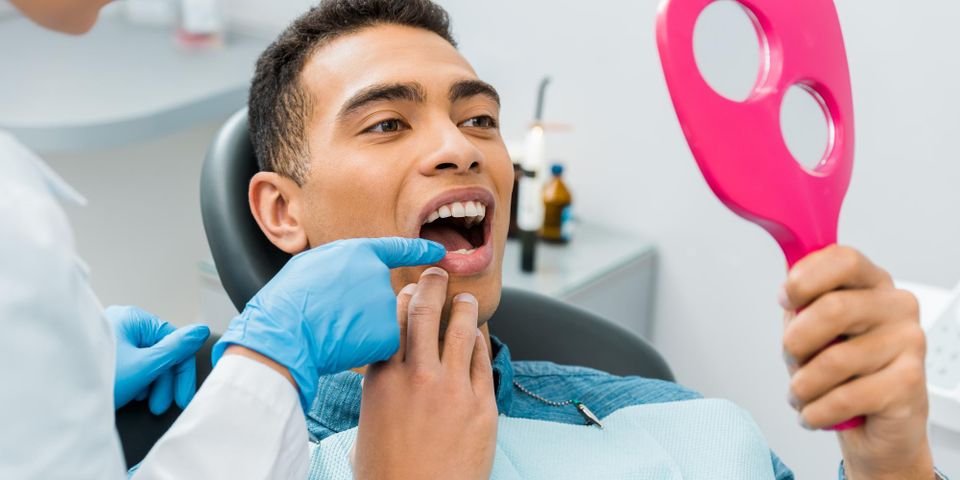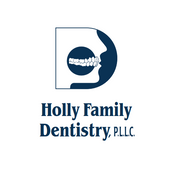A Guide to Getting Dental Crowns

If you have a problematic tooth, a quality dentist may recommend several options, including a dental crown. Crowns are an efficient way to handle a dental issue while saving the tooth. They’re made of porcelain or ceramic and fit over the entirety of your tooth above the gumline. Learn more about how and why they’re done, below.
What You Need to Know About Dental Crowns
Why They’re Done
Your dentist may offer a crown for either cosmetic or restorative dentistry purposes. In restorative dentistry, a crown can offer protection for a damaged tooth to reestablish biting, speaking, and chewing functions.
You may need a crown if your tooth is badly decayed, chipped, has a large filling or crack, or has experienced a root canal. The crown acts as the new biting surface while keeping food and bacteria away from the weakened tooth underneath, further preventing injury. They’re also used in bridges and dental implants and are added to the top of a titanium post to restore the appearance of a tooth that’s been lost or extracted.
In cosmetic dentistry, a crown may be recommended for severely misshapen or stained teeth. They offer a long-term protective solution to give the teeth the desired appearance.
How They’re Done
 Crowns are often done in stages. In the first step, the dentist will prepare the tooth by filing away some enamel to reshape it and make room for the crown. They’ll also take an impression of the tooth and send it to a lab, where your permanent crown will be constructed.
Crowns are often done in stages. In the first step, the dentist will prepare the tooth by filing away some enamel to reshape it and make room for the crown. They’ll also take an impression of the tooth and send it to a lab, where your permanent crown will be constructed.
A custom crown can take several weeks to make, so you’ll be fitted with a temporary one. Once your permanent crown is complete, you’ll have the temporary one removed and the new one cemented in place.
If you think you need a crown, speak to the experienced dentists at Holly Family Dentistry, PLLC - William A. Pfeifer, DDS, in Centennial, CO. Since 1984, their team has offered comprehensive restorative and cosmetic dentistry treatments, including exams and cleanings, crowns, and implants. They utilize modern technology like DIAGNOdent™, to detect cavities with a laser, and Waterlase MD™, which is gentler than a drill. Learn more about their services online or call (303) 850-7614 for an appointment.
About the Business
Have a question? Ask the experts!
Send your question

